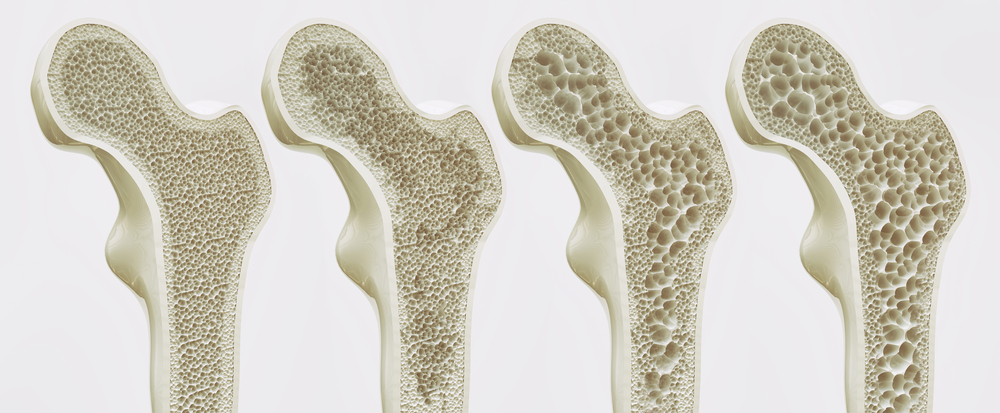Studies have shown that seniors who regularly read have better decision-making ability, reduced stress, and improved memory. Reading can also reduce anxiety, allow you to sleep better, and delay the onset of Alzheimer’s disease and dementia. Below is a list of 5 must-read books for seniors along with a short summary of each book.
1. The Nightingale by Kristin Hannah. This novel celebrates the durability of women and the resilience of the human spirit. The Nightingale takes place during World War II, telling the story of the struggle of two sisters, Vianne and Isabelle, to survive. Each sister embarks on a dangerous path toward freedom, survival, and love.
2. A Man Called Ove by Fredrick Backman. In this book, the neighbours of a sad and lonely old man call him the bitter neighbour from hell because of his grumpy nature. However, this changes when new, young neighbours move next door to him. This novel explores the power of intergenerational friendship. If you enjoy reading the book, there is a movie, which is also called A Man Called Ove, based on the book.
3. I Am Malala: The Girl Who Stood Up for Education and Was Shot by the Taliban by Malala Yousafzai. This novel is an autobiography following Malala’s activism for female education that resulted in an attempted assassination against Malala. This novel earned Malala the Nobel Peace Prize in 2014.
4. When Breath Becomes Air by Paul Kalanithi. This is a non-fiction autobiographical book about Paul Kalanithi’s life from a neurosurgeon treating patients to a patient being treated and struggling to live.
5. The Immortal Life of Henrietta Lacks by Rebecca Skloot. This is a non-fiction book about cervical cancer cells that were taken without Henrietta Lacks’ knowledge and used as one of the most important tools in medicine that has made billions of dollars.
The Boom Health app allows you to manage your loved one’s home health needs with instant ease. Download our in-home care assistance app on the App Store and Google Play Store.
This article is not intended to be a substitute for professional medical advice or diagnosis. Always seek the advice of your physician or other qualified health provider with any questions you may have regarding a medical condition.





